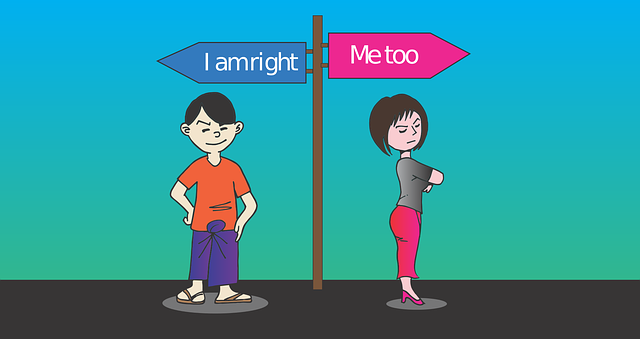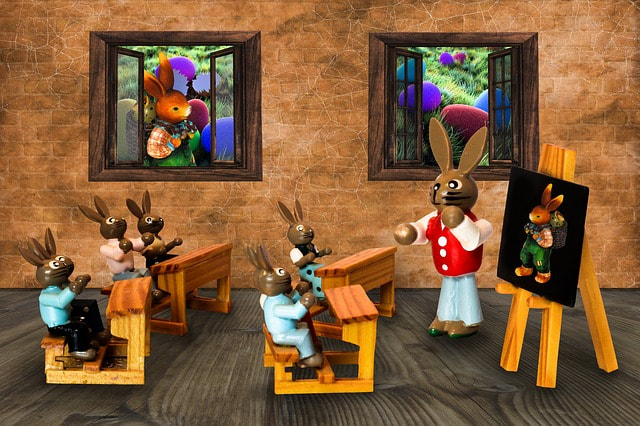Some folks find it really hard to advocate for themselves, but what exactly is advocacy? Don't you advocate for other people? Most of the time we think of advocacy when we stand up for others, but that's a limited interpretation of the word.
Actually, advocacy is "when people speak or act on their own behalf to improve their quality of life, effect personal change or correct inequalities" and/or "make informed decisions about the supports necessary to meet their needs". Is this what you do?
Because of personality traits, family culture or "allergies to conflict", some people find it much easier to stand up for other people than for themselves. Admirable, but not always healthy.
I observed an incident at the post office during the holidays when people are, at times, not at their best. A woman came in with a number of small packages and was distressed to learn that she needed to complete a customs form for each one. It's a detailed form requiring an estimation of the weight and value of each item in the box. She mumbled angrily through the process and kept reminding everyone in line that she was "behind her".
Once done with her paperwork, she approached the man who was next in line and announced that she was next. He sternly told her that she was to assume her place at the end of the line. She protested emotionally. He stood his ground rationally.
The man carefully and respectfully explained to her that all of the people in line were fully prepared when they arrived. She responded that she "didn't know" that she had to complete customs forms. He explained that her failure to prepare was not the burden of the rest of us. He encouraged her to learn from the experience, accept responsibility and conduct herself as an adult. She screamed profanities at him and actually, at all of us, and stomped off. Very mature. The man advocated for himself and us. She attempted to advocate for herself, but lost control, likely, because her argument was weak.
Regardless of your child's capabilities, you need to set out on a plan to teach them negotiation skills.
The first step is to teach your child that you give them permission to advocate for themselves. You need to make that statement right out loud and to them, directly into their faces, several times.
They don't understand "how" they learn, "what" they've missed and "why" they keep getting things wrong. For example, if your child struggles with memory and with working quickly and they're sitting in a lecture-based classroom where they have to take notes, they simply will not realize when they've missed information. When they fail the test because their notes were incomplete, how do they even begin to understand "how", "when", and "why" it all fell apart?
It's up to the teacher to answer these questions. It's up to the teacher to teach him how he learns and the pitfalls of his learning problems, but she really can't do that without data and that's why he needs to be tested, comprehensively.
When a student asks the teacher for help and can't answer when she asks, "What do you need?", they'll suffer shame and humiliation and so, they stop asking questions.
You have to draw it out...draw out the process of figuring out the "how" behind asking questions.
It goes like this-
- Identify the original request--what do they want to know or what to they want to have happen?
- Identify the counter offer and what is might look like (see the potential answers to the questions outlined above).
- Identify the counter-counter offer.
She'll need a lot of practice, so role play it out. The more you role play, the more confident and competent she will become.
Play, "Let's Make a Deal". I like to think of it as the game show without the costumes and other fun stuff.
If you don't teach them to stand up for their right and their beliefs, will you make them vulnerable to being victimized? Yes, they'll be taken advantage of and hurt, physically and/or emotionally.
Will they end up accepting the "crumbs" of life instead of the dessert? Yes, they will.
Remember, some day they'll be adults. It will be their turn to be in charge. How will they handle it if you don't teach them leadership and advocacy? Will they be able to lead their families?
Claudia
Join me on Facebook at Dr. Claudia McCulloch
At drclaudia.net, click on the "Ask Me" button and send me a question.








